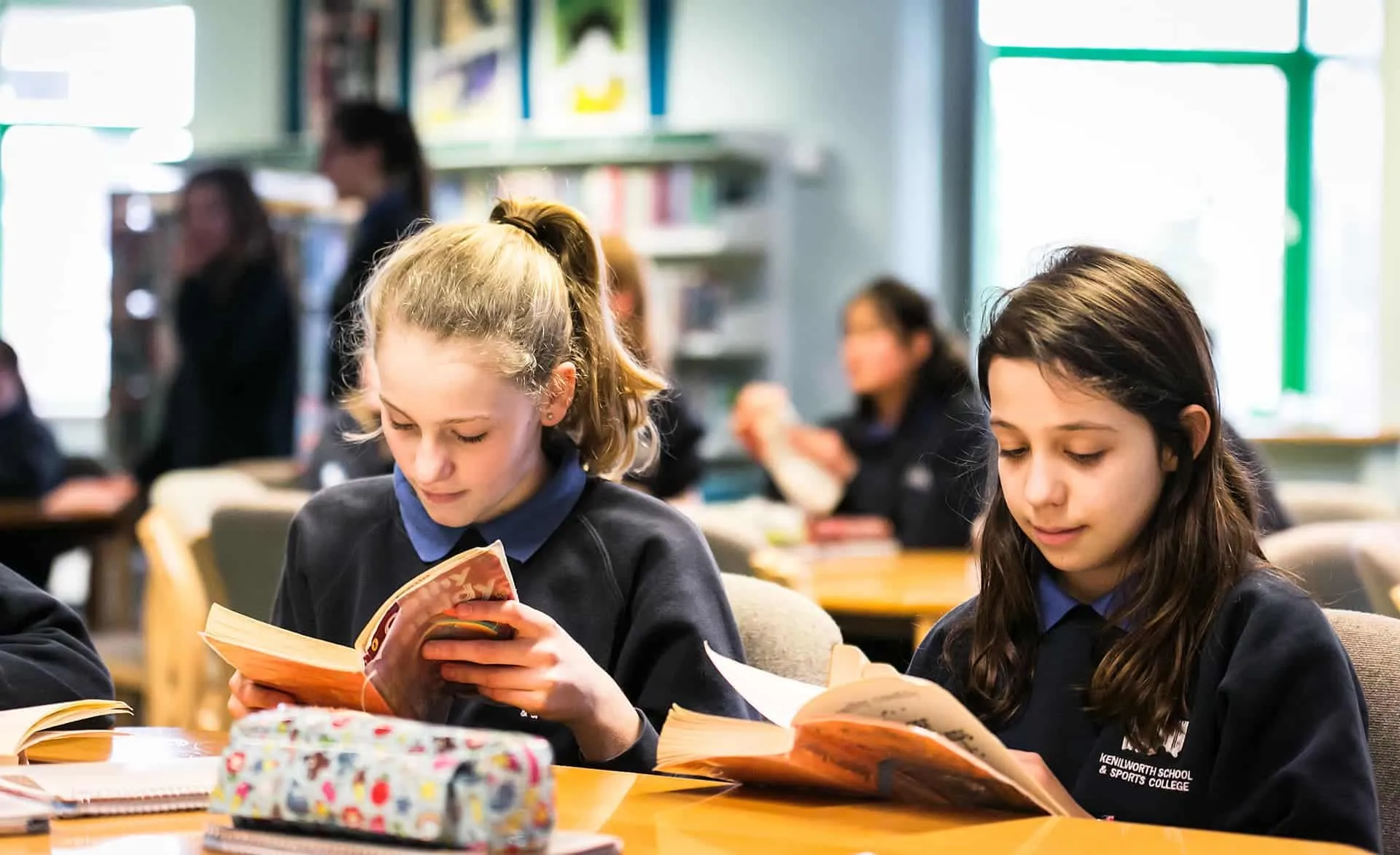August 14, 2025
In a year marked by a sharp decline in reading enjoyment across the UK, new research from the National Literacy Trust offers a glimmer of hope – particularly for pupils eligible for Free School Meals (FSM). The 2025 What Kids Are Reading report reveals that while reading enjoyment has dropped to its lowest level since 2005, pupils using Accelerated Reader (AR) are bucking the trend, with FSM pupils showing the most notable gains.
A worrying national picture
The National Literacy Trust’s 2024 Annual Literacy Survey, which gathered responses from over 76,000 children and young people aged 8 to 18, paints a sobering picture. Just 34.6% of respondents said they enjoyed reading in their free time – a record low. Daily reading has also plummeted, with only 1 in 5 young people reading something every day.
This decline was seen across all demographics, but the data also revealed a narrowing gap between FSM and non-FSM pupils. While this might seem like progress, the reality is more concerning: enjoyment levels among non-FSM pupils fell more sharply, bringing both groups to near parity (33.9% FSM vs. 34.6% non-FSM). This “levelling down” highlights the urgent need for targeted support.
The AR effect: a boost for FSM pupils
Amid these challenges, the What Kids Are Reading report highlights the positive impact of Accelerated Reader. Among pupils who receive FSM, those using AR were significantly more likely to say they enjoyed reading than those who didn’t – a 5.2% difference (37.3% vs. 32.1%).
This contrast is even more striking when compared to non-FSM pupils, where the difference in reading enjoyment between AR users and non-users was just 1.8%. In other words, AR appears to be especially effective in supporting reading enjoyment among pupils who may face greater barriers to literacy.
Why this matters
Reading for pleasure is more than a hobby – it’s a powerful driver of academic success, mental wellbeing and future life chances. Research consistently shows that children who enjoy reading are more likely to read frequently, and those who read frequently perform better across the curriculum.
In fact, the National Literacy Trust found a strong positive relationship between reading enjoyment and frequency: 48.2% of children who enjoyed reading said they read daily, compared to just 5.9% of those who didn’t.
AR helps pupils foster a lifelong love of reading by encouraging them to choose books that match their interests and reading level. Through personalised goals and instant feedback, it cultivates a regular and rewarding reading experience for pupils of all ability levels.
A call to action
The findings underscore the importance of evidence-based tools like Accelerated Reader in reversing the national decline in reading enjoyment. For FSM pupils in particular, AR is helping to close the enjoyment gap – not by bringing others down, but by lifting them up.
As schools, educators, and policymakers look for ways to reignite a love of reading, this year’s data makes one thing clear: targeted interventions work. And when it comes to supporting our most disadvantaged learners, they’re more important than ever.
